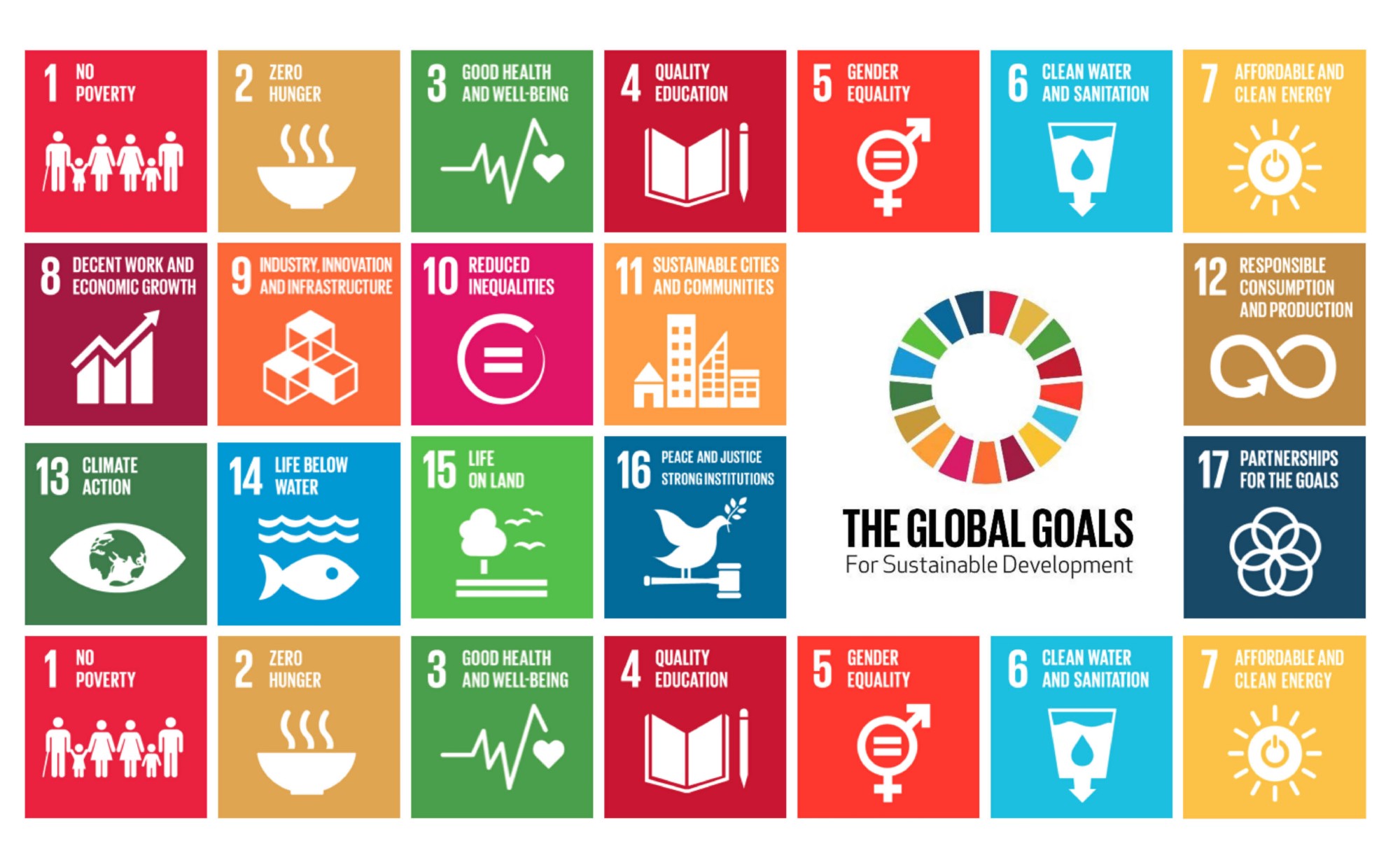ECLAC presents model institutional framework for Sustainable Development Goals implementation in the Caribbean
Work area(s)
ECLAC workshop provides a platform for Member States to discuss practical steps towards establishing national institutional frameworks for SDG implementation in the Caribbean.
On 18 May 2017, the Economic Commission for Latin America and the Caribbean (ECLAC) subregional headquarters for the Caribbean convened a workshop in Port of Spain, Trinidad and Tobago, to provide policy makers with practical options for establishing and enhancing their national institutional framework for implementation of the Sustainable Development Goals (SDGs).
The workshop brought together senior government officials from the Caribbean in the areas of foreign affairs, the economy, the environment, sustainable development and planning, as well as officials of the United Nations system, regional and international organizations, and representatives of civil society and academia.
During the opening ceremony, ECLAC Caribbean Director, Diane Quarless, stated that “ECLAC’s mission is to help the countries of the Caribbean to fully integrate the SDGs into their national development plans. ECLAC has also been charged with providing a mechanism for regular monitoring and review of implementation of Agenda 2030 in Latin America and the Caribbean.”
The 2030 Agenda for Sustainable Development, which became effective on 1 January 2016, is a plan of action for people, planet and prosperity and has at its cornerstone the SDGs, which are poised to shape global sustainable development efforts until 2030. One year later, while there have been several activities at the subregional level directed at galvanizing Caribbean countries to position themselves to successfully implement the SDGs, the pace of implementation in the Caribbean has remained slow.
Specifically, the lack of a national institutional framework for SDG implementation in most Caribbean countries constitutes a major obstacle to the effective implementation of the Goals.
This workshop, aimed at accelerating the implementation of the SDGs in the Caribbean,
also provided a space for peer-learning on the Voluntary National Reviews (VNRs) for the High Level Political Forum on Sustainable Development (HLPF).
The main outcome of the workshop is a model institutional framework of SDG implementation, that could serve as a template for Caribbean countries in establishing or strengthening their national institutional framework for SDG implementation.
Related content

Workshop to accelerate SDG implementation in the Caribbean
ECLAC Caribbean is organizing a one-day workshop to accelerate SDG Implementation in the Caribbean as an avenue to discuss practical steps towards establishing national institutional frameworks for…
Subregional headquarter(s) and office(s)
Type
Country(ies)
- Caribbean